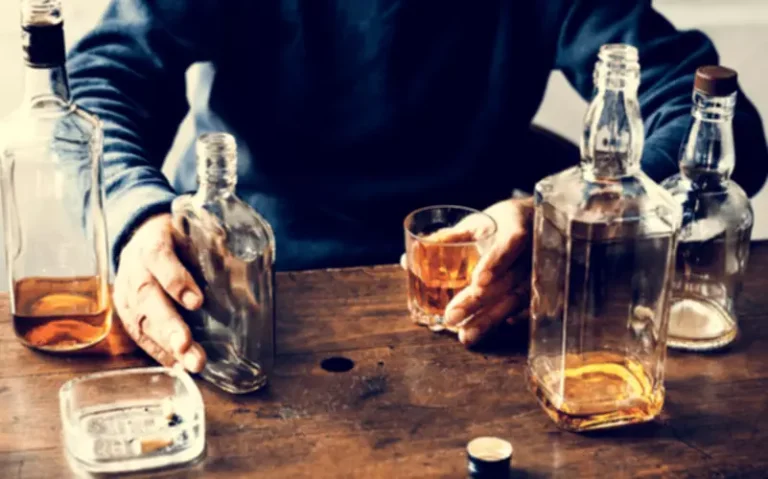Things You May Not Know About Alcohol Use Disorder

As you can see, many myths surround alcohol use and addiction. It’s important to separate fact from fiction to make informed decisions about your drinking habits. If you think you may have a problem with alcohol, please reach out for help. Instead of relying on myths, it’s important to seek help if you have difficulty controlling your drinking or if it is causing problems in any aspect of your life. Your doctor can conduct a formal assessment to determine whether you have a problem with alcohol.
MYTH: The Earth is a perfect sphere.

Stress doesn’t play a large role in chronic high blood pressure. And while some juices are just fine, they don’t provide anything that you wouldn’t get by eating the whole components instead. Your body naturally removes harmful chemicals through the liver, kidneys, and gastrointestinal tract — there’s nothing about juice that will hurry that process along.

Start your health journey today

The primary goal you can take from this article is that you shouldn’t trust every detail you hear about alcohol, even if I didn’t talk about all of the alcohol myths. Many believe alcohol kills brain cells because it shifts thoughts and actions. Massive doses of alcohol may harm neuron endings, affecting neuronal communication. In other words, when you’re dealing with harsh conditions, don’t depend on a drink to keep you toasty. Normally, your body cycles through light and deep phases of sleep. Alcohol inhibits refreshing REM (rapid eye movement) sleep and later on causes “REM rebound,” with nightmares and trouble sleeping.
Health Challenges

In other words, coffee may just mask the feeling of being drunk, which is still not good. “The alertness can create the perception that you aren’t as drunk or intoxicated as you actually are, and you may decide to have another drink or to drive home,” he adds. “Drinking coffee or other caffeine products after having one too many drinks can trick your brain into making you feel energized and more awake or alert,” warns Dr. Janesz. Repeated alcohol use seriously disturbs sleep and makes it difficult to re-establish a normal sleep pattern. Often, this leads to more drinking or to sedative abuse in the quest for sleep.
- And while some juices are just fine, they don’t provide anything that you wouldn’t get by eating the whole components instead.
- If you’re struggling with alcohol addiction, it’s likely that you’ve already tried to quit on your own without success.
- Men absorb alcohol faster than other variables, but alcohol affects men and women differently.
- It’s not necessary to wait until things are “bad enough” to ask for addiction therapy.
- Smaller bodies of water, like lakes and pools, don’t have noticeable tides because they lack enough liquid to create a pressure that can visibly overcome the pull of Earth’s gravity.
MYTH: Coffee stunts your growth.
In fact, research shows that individuals who engage in comprehensive and personalized recovery programs have higher success rates in achieving long-term sobriety. Contrary to popular belief, an individual struggling with alcoholism doesn’t have to hit rock bottom or eagerly seek help for myths about alcoholism treatment to make a difference. In fact, intervention and support can play a crucial role in motivating someone toward recovery.
- The reaction will continue so long as alcohol continues to exist in the body.
- An Australian longitudinal study conducted between 2010 and 2016 concluded that there was no evidence behind the idea that parents supplying underage children with alcohol reduces alcohol-related harms.
- This is an incredibly successful bit of advertising that has wormed its way into our brains and policies to make milk seem magical.
- “And sometimes we do things because they have become habit and not because we enjoy them as much as we think we do,” she adds.
- Alcohol tolerance can enable somebody to drink considerable quantities without experiencing the effects.
